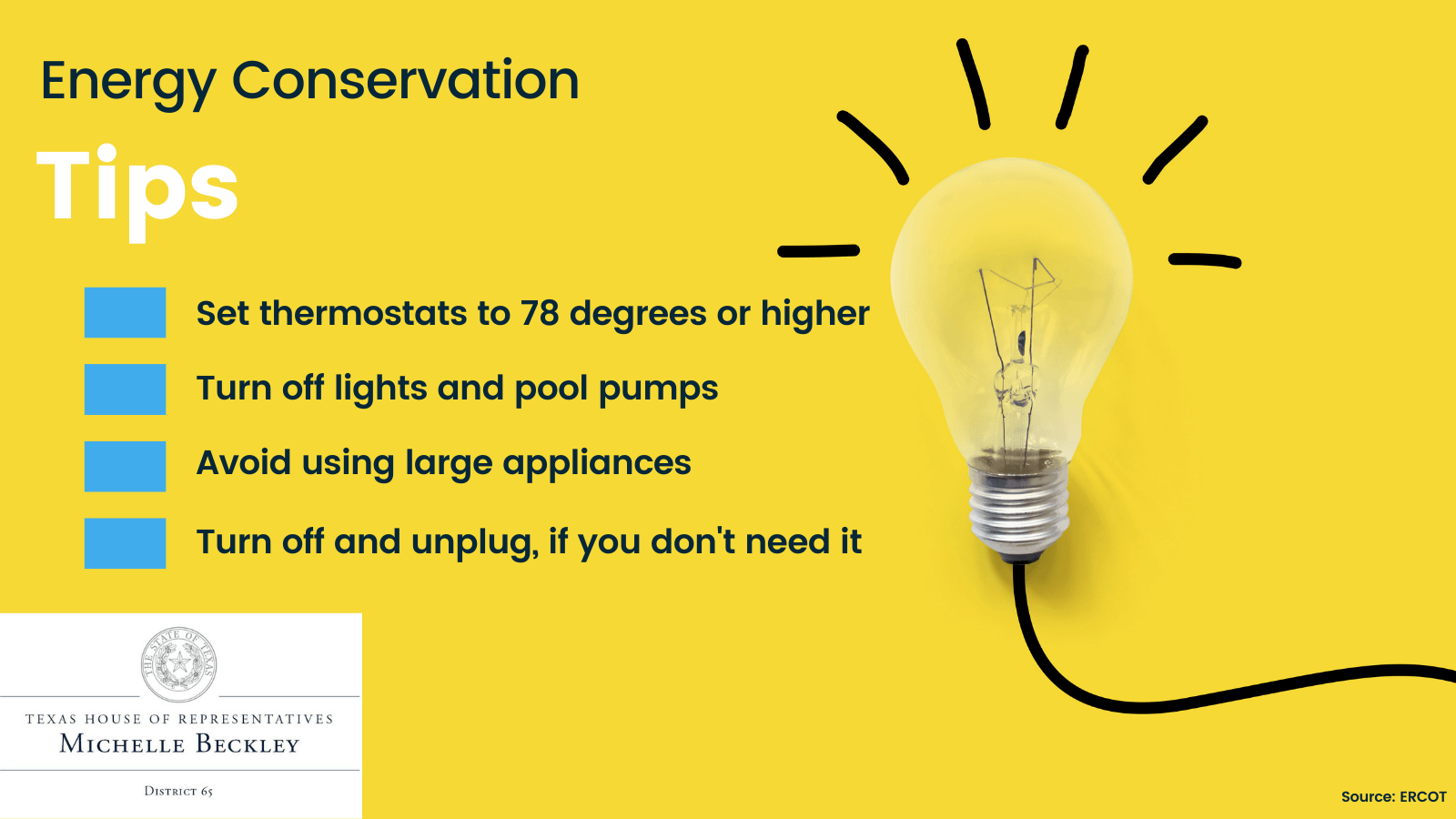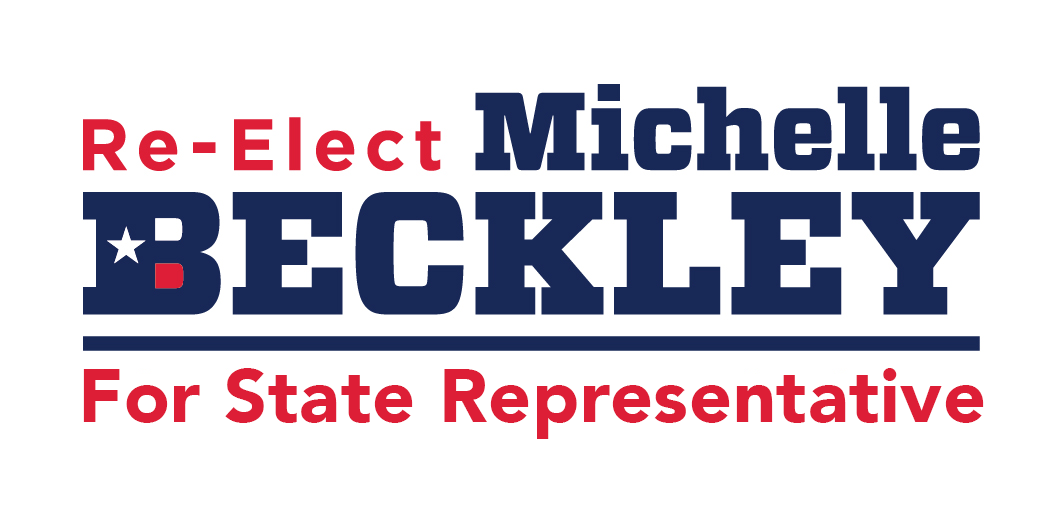The Impact of Voucher Programs on Public Schools in Texas: Why Defunding Public Schools is a Bad Idea
Uncover the impact voucher programs have had on public schools in Texas and how defunding these institutions would be detrimental to student success.
Public schools are the backbone of the American education system, providing education, skills, and knowledge to millions of children across the country every day. In Texas, however, these schools are under threat from an increasingly popular debate about whether to defund them with voucher programs. This move could have a significant impact on the quality of education and student performance in public schools across the state.
In the last legislative session, none of Denton County's State Reps voted to fully fund public schools, which raises the question of why this issue is gaining traction and what the potential consequences are. If you're a pro-public-school Democrat, you're likely wondering what voucher programs are and how they could affect the schools that you support. In this blog, we'll take a closer look at voucher programs and their impact on public education in Texas.
1. What are Voucher Programs and How Do They Affect Public Schools?
Voucher programs, also known as school choice or education savings accounts, provide funding for families to send their children to private schools instead of public schools. The funds may also be used to pay for homeschooling, tutoring, or online education. While these programs may sound appealing in theory, they can have a negative impact on public schools.
Voucher programs siphon funding away from public schools, which rely on these funds to pay for teachers, educational resources, and facilities. When these funds are taken away, it can lead to larger class sizes, a decrease in teacher salary, and ultimately, a lower quality of education for students who attend public schools.
2. The Impact of Voucher Programs on Student Performance
Proponents of voucher programs argue that they improve student performance by giving families more educational options. However, research shows that voucher programs do not lead to a significant improvement in student performance. In fact, studies show that states with voucher programs have lower academic achievement than those without them.
Furthermore, voucher programs can lead to a more divided education system. Schools that accept vouchers may not be required to follow the same educational standards as public schools, which could lead to an uneven playing field for students from different backgrounds.
3. The Cost of Voucher Programs to Taxpayers
While voucher programs may sound appealing to parents who want more options for their children's education, they come at a cost to taxpayers. Voucher programs send public money to private schools, which may not be held accountable for how they use the funds. This can lead to misappropriation of funds, loss of transparency, and a lack of oversight.
Moreover, voucher programs may not be accessible to all families. It may be difficult for low-income families to afford the remainder of tuition costs, which means that these programs may benefit only those who can already afford to pay for private education.
4. The Importance of Fully Funding Public Schools
Given the potential negative impacts of voucher programs, it's crucial to fully fund public schools. Public schools play a vital role in American society, providing education and opportunity to millions of children every day. It's essential that these schools receive the resources they need to fulfill their mission of educating our youth and preparing them for the future.
Moreover, fully funding public schools means that all children have access to high-quality education, regardless of their socioeconomic background. It's the responsibility of elected officials to ensure that public schools are fully funded and that all children have equal access to educational opportunities.
In conclusion, voucher programs represent a significant threat to the quality of public education in Texas. They can lead to a reduction in funding for public schools, a lack of accountability for private schools, and a more divided education system. Instead, fully funding public schools is the best way to ensure that all children have access to high-quality education and that the next generation is adequately prepared for the future. As citizens, let's advocate for fully funding public schools and promoting educational equity for all.



